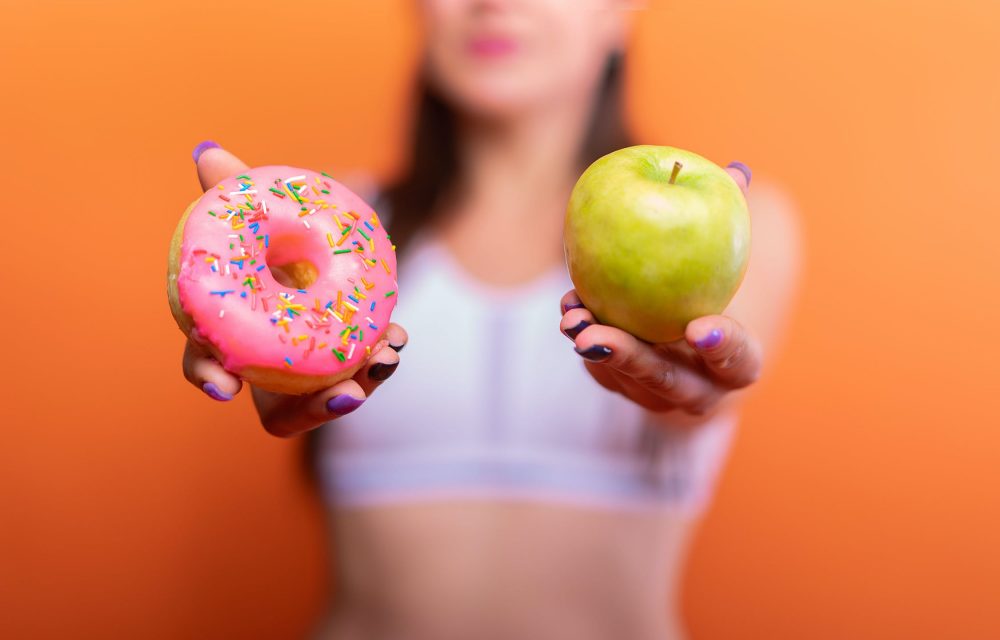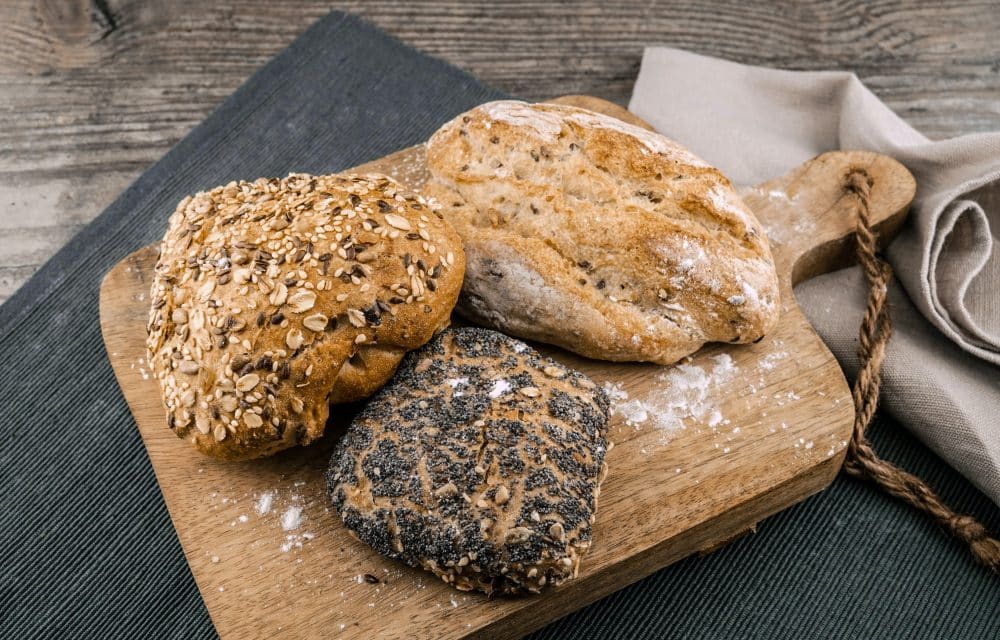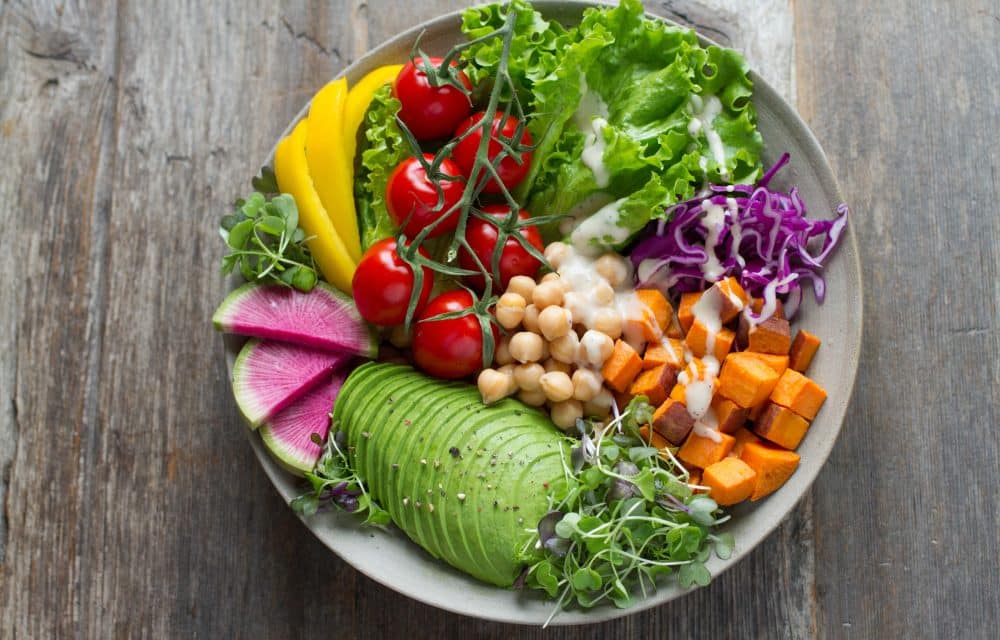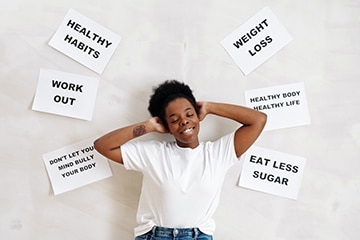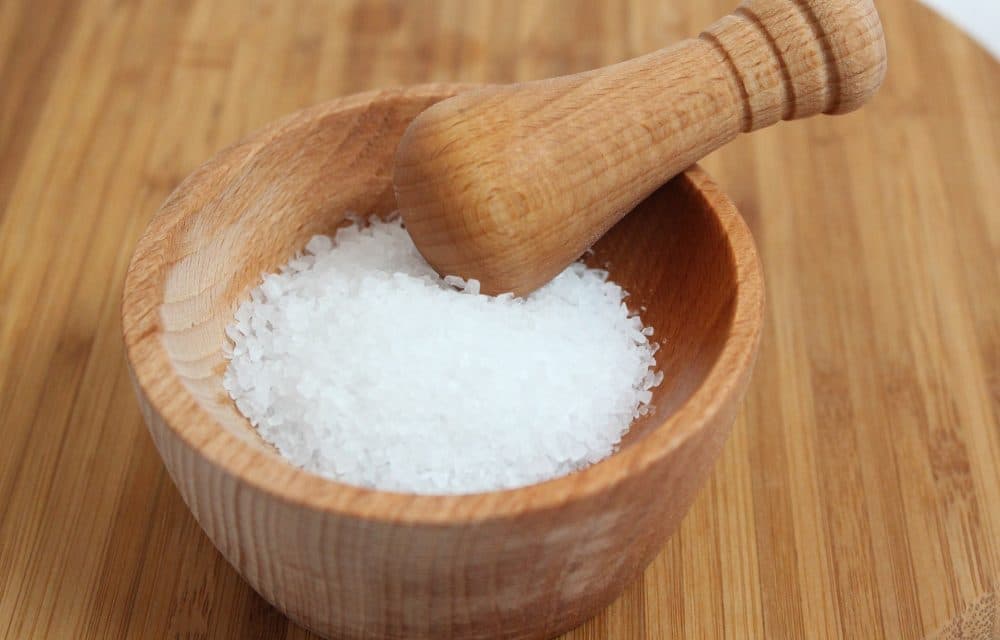Are All Calories Created Equal?
Clients at Body Sculptors in Louisville, KY, understand that cutting calories can help you lose weight. They even understand that some foods are healthier than others. I’m lucky to have such smart clients who also know not all calories are equal. It’s not the actual calories that makes a difference in whether a food will promote weight gain, but the food itself. If you eat 2400 calories, all from healthy fruits and vegetables and a friend eats an equal amount of calories from sugary treats, you’ll get more benefits and lose weight faster than they will.
In order to metabolize some calories, it takes extra energy.
If you ate a stalk of celery, it wouldn’t amount to many calories. Your body would get even fewer calories since it takes calories to digest the celery. Some people think celery is a negative calorie food, but so far, no studies have proven or disproven the theory. Celery is also a diuretic, so if you’re gaining weight from retaining water, it helps you lose it. Eating 100 calories from celery—which would be a lot—has less effect on your weight than eating a hundred calories of cookies—two medium ones.
It’s about thermogenesis.
When you eat, it has to digest. That all takes energy and produces heat. The body has to break down the food by producing digestive juices and sending the food through the digestive tract. There it breaks food down further, removing the nutrients from the food. Those are extra calories used and not available to the body. Fibrous foods, like fruits, vegetables, or other complex carbohydrates, fats, or meat, use many calories for digestion, while simple carbs, like sugar and sugary products, use much fewer. Hence, 100 calories from high thermogenetic foods depletes to fewer calories, while those from sugary treats are available at 100%
The fiber in the food and the toxic elements make a difference, too.
Food with added sugar can be toxic. It can cause inflammation, which can cause weight gain. It can cause insulin resistance that leads to that and diabetes. A few calories from food with added sugar is more than just a few calories, it also can change your gut microbiome. A healthy balance makes your body work properly, but an unhealthy balance leads to disease and even obesity. If you get your calories from high-fiber food, the fiber feeds beneficial microbes to improve health and reduce weight.
- Let’s not forget the nutrients in the food. Magnesium, vitamin D, vitamin C, carotenoids, iron, and zinc can all boost your weight loss efforts. Studies show that obese people are often deficient in vitamin D. People eat for a number of reasons besides just hunger.
- Eating other thermogenetic foods, like meat and fat, can keep you feeling full longer. It’s because these types of food take longer to digest. Complex carbohydrates take longer to digest than simple ones.
- The same food can have a different caloric effect. If you refrigerate a potato, reheating it later, the chilling process changes half the starch into resistant starch. You can’t absorb resistant starch so it passes out in your feces.
- Calories from junk food are considered empty calories. That’s because they provide no benefit, other than the calories they provide. Choosing food that offers other benefits can make you leaner and healthier.
For more information, contact us today at Body Sculptors Personal Training

